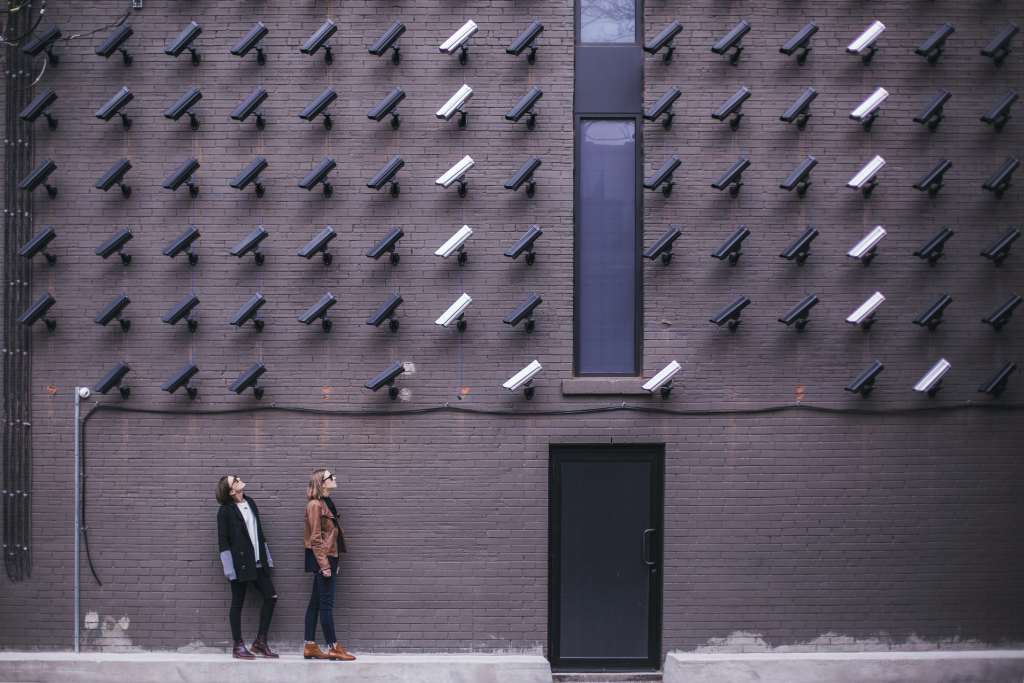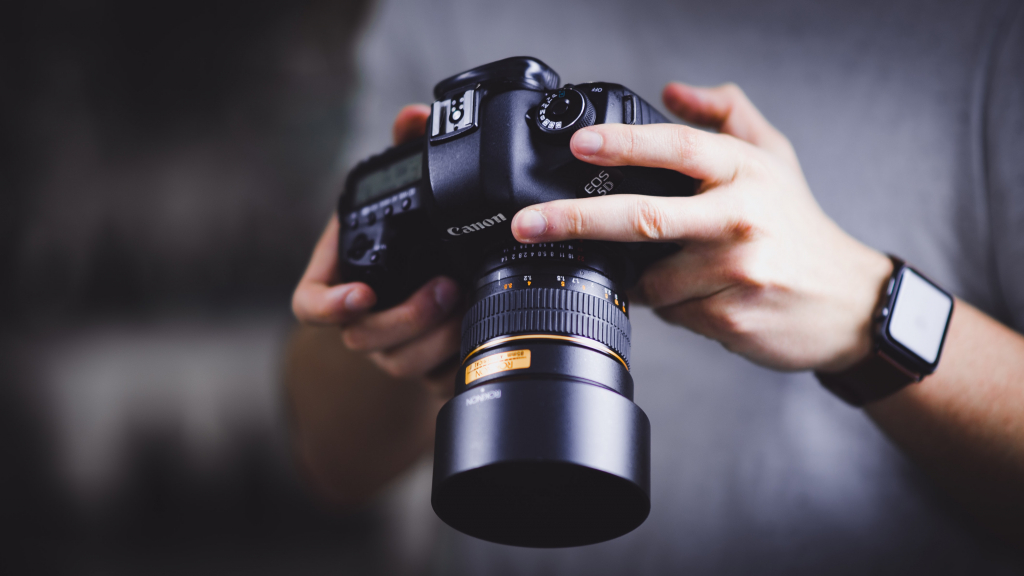One of the things a landlord must fully understand is that the business relationship you have with your tenant should not be one-sided. It’s not just them owing you rent and maintaining your property’s good condition. You have responsibilities to your tenants as well. One of these responsibilities is respecting your tenant’s privacy.
Privacy is a very sensitive concern for every tenant. The fact that they are living in a place that they do not own, they would be very protective of their privacy during their tenancy because it could easily put them at risk of fraud, theft, or danger.
As a landlord, you should value and protect your tenant’s privacy as well. Here are a few pieces of advice on how to do that:
Tenant Information
During the application process, you will have to screen each potential client who’s interested in renting your unit. The process would require you to collect important data from them including supporting documents.
Every applicant could never be 100% sure how safe their information will be once they hand it to you. Even digital documents protected by encrypted security codes can sometimes still be obtained by skilled hackers. As a landlord you must, in good faith, take all caution possible to protect the data of your future tenants.
Since part of the screening process involves checking the financial status of interested tenants, they will be giving you banking information, security numbers, credit history, a list of assets, and many other sensitive information. You have to be careful in safeguarding this information. Make sure you do not disclose their information to other people without their written consent. This is one way to avoid getting sued by a tenant, and one way to build trust between both parties.

Surveillance Camera Footage
Installing security cameras within your property is important to easily collect proof for instances of theft and validation. The presence of these gadgets can even prevent people with bad intentions from invading your property. These safety cameras are protective measures for both your tenants and your property, which is a legitimate reason to install them.
However, you should know the legal boundaries in the installation of surveillance gadgets. Surveillance cameras must only be installed in like common areas like hallways and lobbies. You are not allowed to install them in private living areas since it is considered an invasion of your tenant’s privacy.

Cameras can only be installed inside a unit if it is currently vacant. Once a tenant moves in, it must be removed. Also be familiar with the laws in your state regarding these gadgets. Some states do not allow cameras that can record sounds coming from private areas as it will constitute unauthorized surveillance.
All tenants must be informed of the cameras installed in the building from the beginning of the tenancy.
Photographs and Videos
There are two instances when you would need to conduct photographic and video documentation of your rental units: inspection of property’s condition and refinancing the property.
Before taking photos or videos inside their private units, you have to get prior consent from your tenant. You also need to explain the purpose of documentation.

Visual documentation before and after a tenancy has a lower chance of invading a tenant’s privacy compared to during mid-tenancy inspections. During the latter, photographs and videos should be for the purpose of collecting proof for lease violation or to document areas that need repair. When refinancing your property, an appraiser would need to take photographs of your property — make sure that tenants are well-informed about this.
The photos and videos taken for inspection and appraisal are not allowed to be used for marketing purposes and must not be published.
In taking photos and videos, avoid including family photos, faces of tenants, or high-value possessions like jewelry. To be extra transparent to your tenants, allow them to review and approve all the photos and videos taken.
You can also add terms in the leasing contract that would touch on the subject of photographic documentation. After you meet an ideal tenant in listing management platforms like Padleads.com, the next proactive step to take is to ensure that your future tenant agrees with all your terms so that during the entire duration of the tenancy, you and your tenant can handle each situation communicatively and fairly.